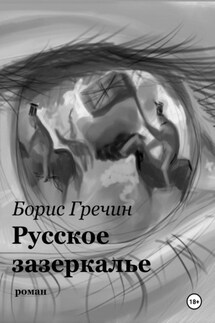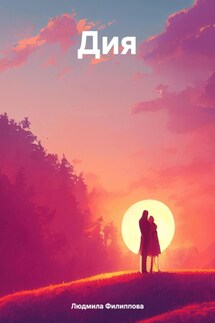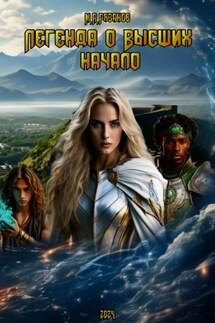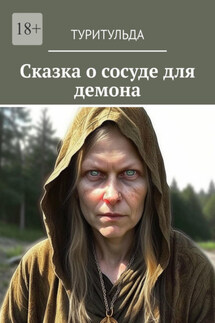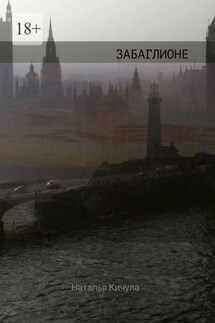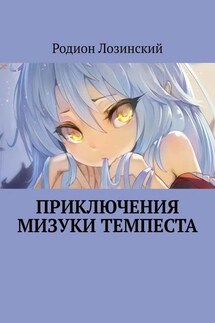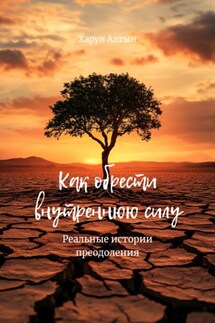Русское зазеркалье - страница 13
My own interpretation is as follows: the audience is given a hint, a signal that there is an important message in store and that this message is deliberately encrypted by means of a metaphor. Who would care to encrypt it if it hasn’t been important? Various figures of speech and ‘Aesopian language’ had been the standard operating tools of those Soviet dissidents who somehow managed to get a position of, say, a film director, but who were prohibited by the Soviet censorship to directly express their social views on ‘the ugly reality of the country they lived in.’ An instant rapport between the artist and his or her audience was established every time any such metaphor emerged. ‘Now, listen!’ those metaphors said. ‘Here comes someone who can reveal the truth. Pay attention!’
After 1991, the situation changed drastically. In the ‘New Russia,’ you wouldn’t need any sort of the metaphorical language any longer. You could criticise the social reality at your heart’s content—nobody cared, just because nobody really listened to. You don’t really pay attention to social critics when you have more urgent issues to take care of—your own survival, for instance. ‘Freedom of speech’ it was all right, but, allow me to say, a very starving sort of freedom. Why would Igor Sarukhanov still use those ‘disguising metaphors’ in 1997 when it was completely safe to say the truth in plain words, namely, that the wheels of the carriage we call ‘the Russian state’ are old and screeching? Everyone who had eyes could directly observe that simple fact. A great question. Please note it as one of the questions for our discussion. Allow be to give you a hint, though. Those of you who are familiar with The Demons by Fyodor Dostoyevsky might remember the figure of Stepan Verkhovensky, a political radical in his youth, a conformist in his fifties, who, when being left completely undisturbed and long forgotten by the authorities of the province he lived in, still proudly posed himself as a person ‘under secret surveillance.’ I guess Igor Sarukhanov wouldn’t be overly happy about my comparing him to Stepan Verkhovensky. Why? We might want to discuss this question, too.
The subject of the song is in all probability a troupe of wandering circus artists who tour to different venues—along the dirty roads with puddles, accompanied by the screeching of the wheel. Or maybe by the song of a fox-like violin, or by howls of a violin-like fox even. Do they also have a fox that performs simple tricks on the circus stage? The first verse mentions another ‘wounded animal’ (or is it the same?) who ‘wants to escape in the fields’ and ‘has no shelter.’ This wounded animal is our love, the song says. It looks like there are two persons in the artistic troupe who, when loving each other, obviously feel very unprotected. Why do they? Because of their being a same-sex couple whose relationship is not looked upon favourably even among the circus artists with their liberal views? I leave it to your own interpretation.
The question is of course provocative: your humble lecturer doesn’t see it that simple. Igor Sarukhanov probably addresses his audience each time he says ‘you,’ ‘our love’ can therefore be easily interpreted as ‘our love for our country,’ our patriotism, a feeling that is ‘shy,’ ‘wants to escape into the fields’ and ‘has no shelter.’ You had to physically be in Russia in her 90es to feel why patriotism in Russia could—and still can, probably—be spoken about in such categories.
